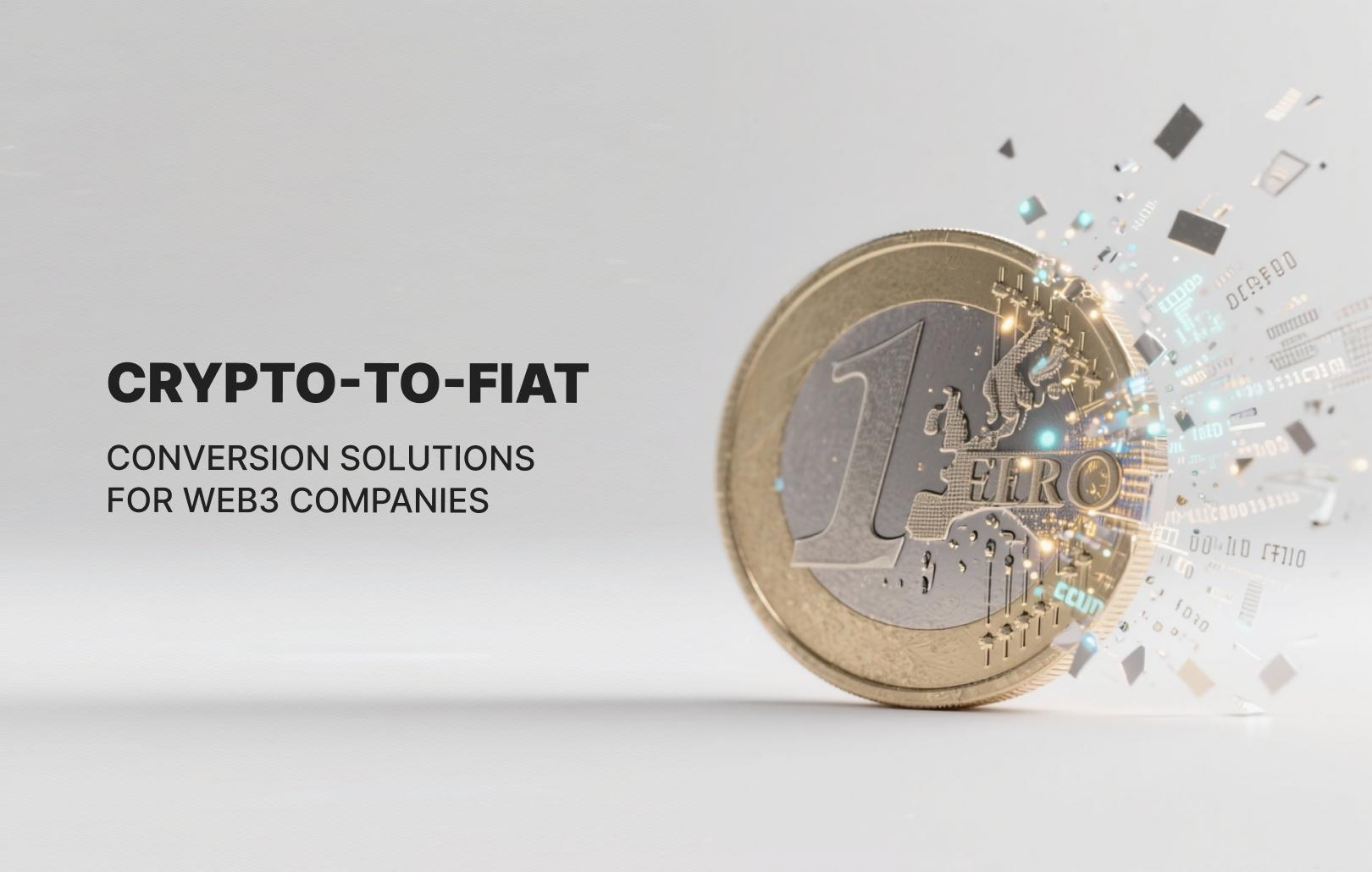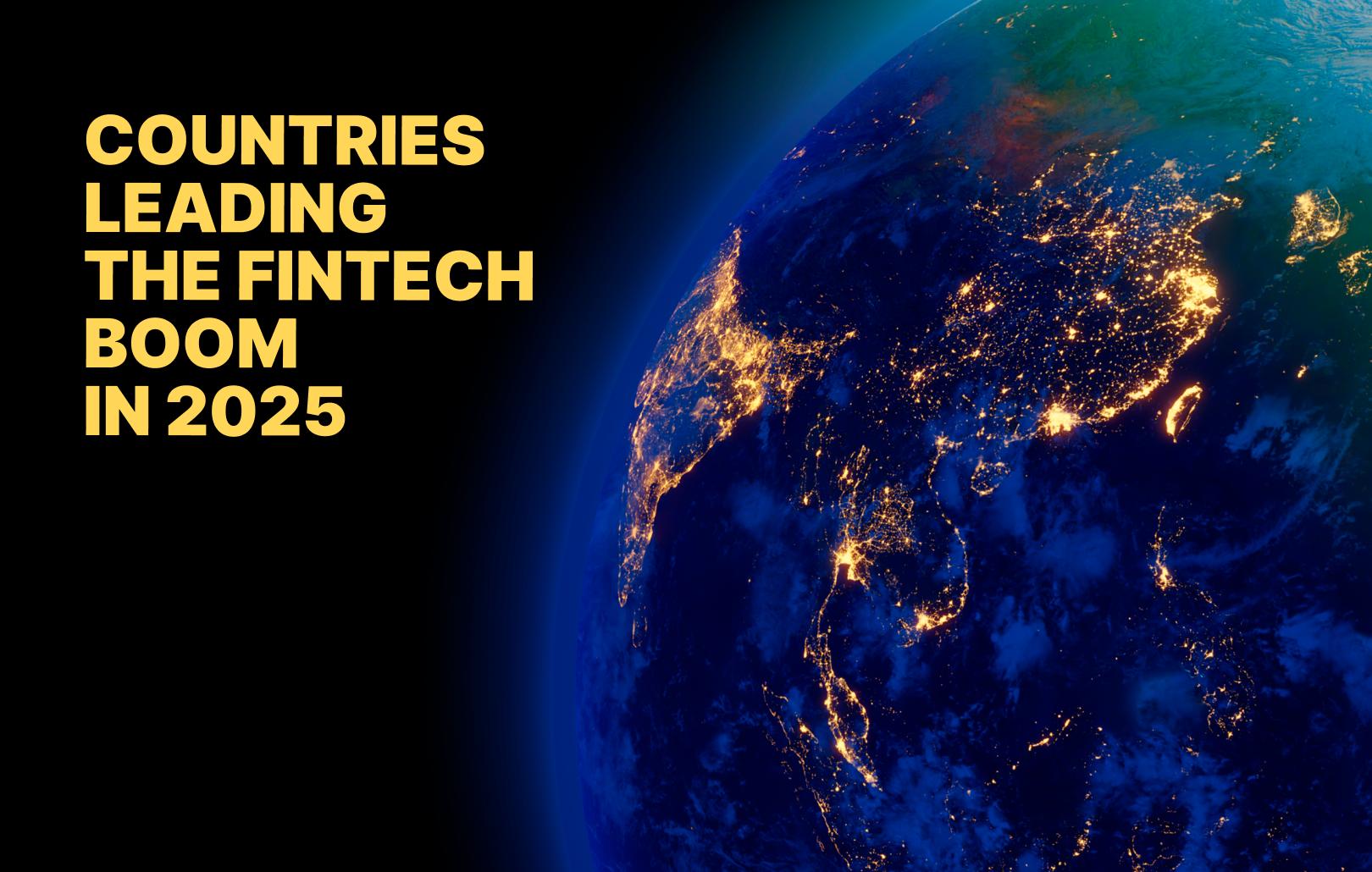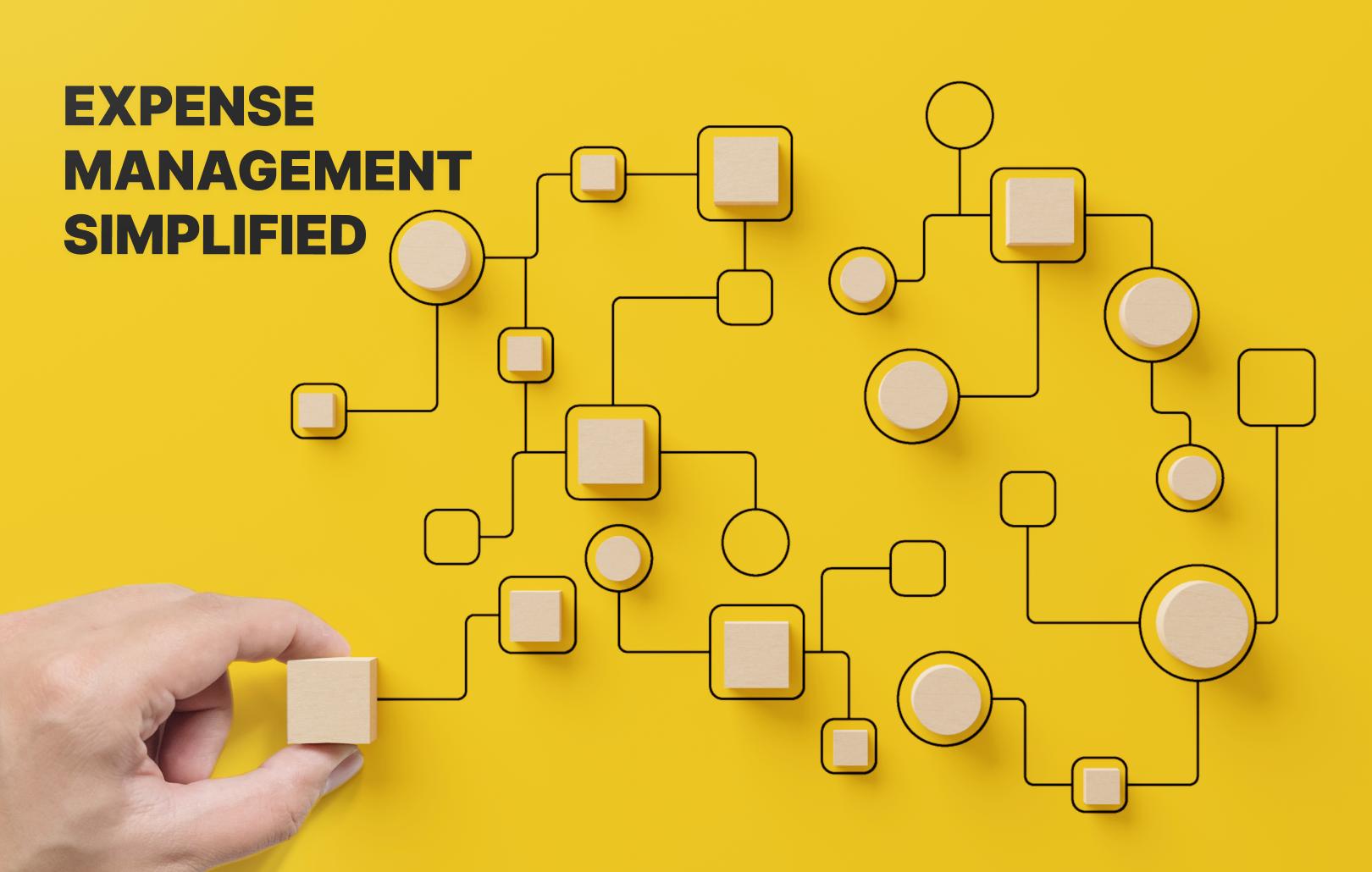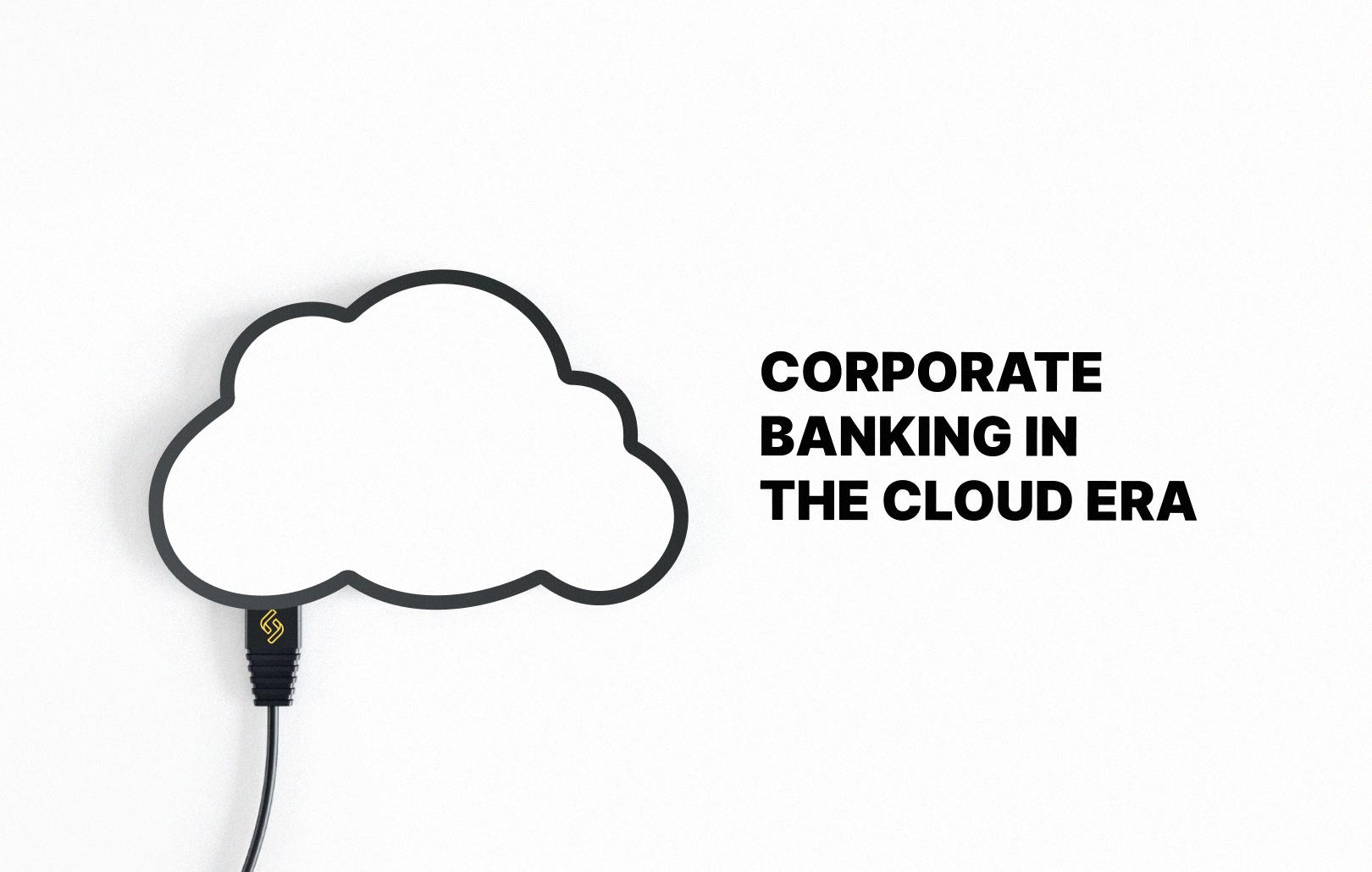Lithuania: Europe’s leading fintech hub and digital banking pioneer

As the world becomes more digitalized by the second, the demand for innovative, paperless banking solutions is reaching unprecedented heights. Electronic Money Institution (EMIs) are emerging as the perfect response to this growing need, offering seamless, digital-first financial services that align with the modern consumer’s preference for efficiency and convenience.
Lithuania: The Leading Fintech Hub in the EU
Lithuania has emerged as the largest fintech hub in the EU, boasting the highest number of licenses issued. With access to a massive market of over 500 million EU citizens, Lithuania has firmly established itself as a thriving center of innovation and entrepreneurship.
Swift Adaptation Post-Brexit
Following the Brexit decision, Lithuania quickly adopted its EMI legislation, positioning itself to seize new opportunities. The Lithuanian government also implemented a flat corporate tax rate of 15%, among the lowest in Europe, further enhancing its appeal to businesses.
Key Figures at a Glance
- Competitive corporate tax: Ranked #3 in Europe by OECD.
- Open data: Ranked #10 in Europe by OECD.
- eGovernment benchmark: Ranked #7 in Europe.
Global Leadership
- Largest fintech hub in the EU: #1 by licenses issued.
- 140 licensed fintechs: Operating in Lithuania as of 2023.
- Low-risk jurisdiction: Ranked #9 globally (Basel AML Index).
- EU customer base: 27 million customers served by local fintech companies.
- Growing talent pool: Over 7,400 qualified professionals.
CENTROlink: Quick Access to European Accounts
CENTROlink, operated by the Bank of Lithuania, provides direct access to SEPA transactions in euros. This payment system enables participants to issue IBANs and safeguard client funds by storing them in the Bank of Lithuania. In 2023, the total value of transactions executed by EMIs and payment institutions (PIs) reached 345 billion EUR, marking an incredible 2200% growth since 2018.
2023: A Significant Year for Lithuania’s Fintech Sector
In 2023, Lithuania’s fintech ecosystem experienced notable growth:
- Expanding fintech presence: The number of fintech companies operating in Lithuania reached 276.
- Crowdfunding leadership: Lithuania became one of the top 3 EU countries in terms of the number of licensed crowdfunding service providers.
- MICA: Markets in Crypto-Assets (MICA) regulation entered into force.
A Welcoming Ecosystem for Global Investors
Lithuania continues to attract global investors, with the UK and the US leading foreign investment sources. In 2023, newcomers from Taiwan, South Korea, and New Zealand further diversified the Lithuanian business landscape, attracted by its favorable environment and strategic access to the European market.
Main Functions of Fintechs in Lithuania
There has been a significant increase in the share of fintech companies performing software development in-house, rising from 42% in 2022 to 51% in 2023. Compliance, fraud, and risk management remain key back-office operations, while customer support and business development dominate front-office activities.
In Conclusion
All the listed factors make Lithuania a highly favorable destination for opening private corporate accounts for clients from all over the world, as well as for institutional clients and fintech startups seeking quick solutions for white label banking and cards. Additionally, investors are drawn to Lithuania due to its attractive business climate in the heart of the EU.
Established in 2018, Satchel.eu is one of the fastest-growing European EMI companies based in Lithuania. We offer secure, user-friendly financial tools for digital banking and would be happy to chat with you.
*The data and insights in this article are based on “The Fintech Landscape in Lithuania” by Invest Lithuania.







